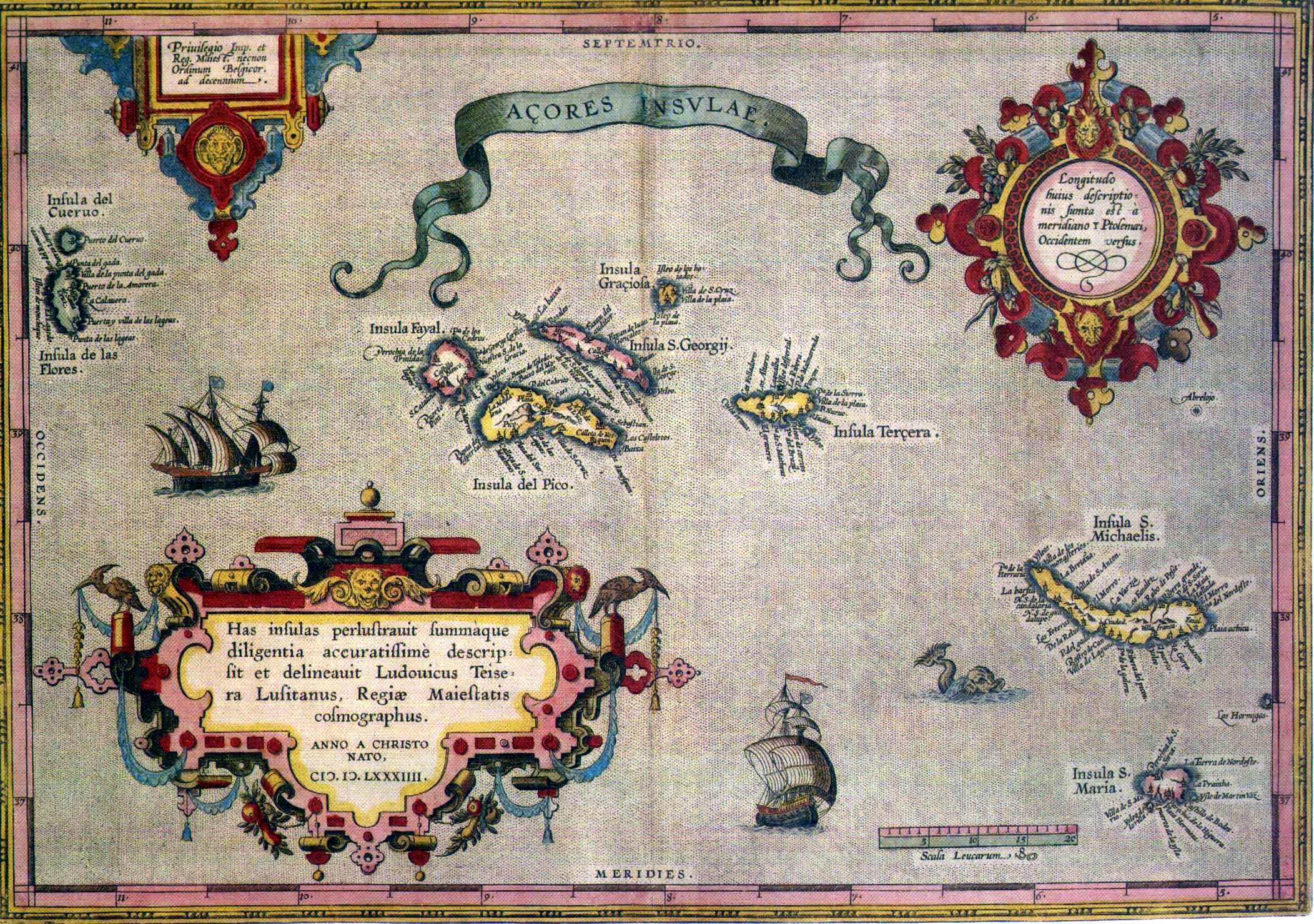Portuguese Genealogy

Portugal, situated on the Iberian Peninsula, was once one of the greatest maritime nations of Europe. Bordered by Spain and the Atlantic Ocean, its possessions include the Atlantic archipelagos of the Azores and Madeira. The Azores consist of nine islands located in the North Atlantic, while Madeira is comprised of a four island group southwest of Lisbon.
First settled by the Celts around 700 BC, Portugal was invaded many times, first by the Romans, the Visigoths from Germany, the Moors, and later by conquered by Ferdinand of Spain. Portugal was recognized as an independent country in 1143, under the rule of King Alfonso Henriques. Although the country was once again invaded - this time by Napoleon - the would-be conqueror was defeated by an Anglo-Portuguese alliance. In the 19th century, Portugal fell under dictatorial rule that ended in 1968; today, Portugal is a member of the European Community (EC).
Although Portugal's 19th and 20 century history is one of instability and turmoil, in the 15th century it was one of the world's major powers, establishing a global maritime empire.
Portugal's great age of discovery was due in great part to Prince Henry the Navigator (1394-1460), who provided ships and money to Portuguese captains. Ships ventured out into the world's oceans, opening up the globe for an era of exploration.
Madeira was discovered in 1419 and the Azores in 1427. In 1492, Columbus (Portuguese-trained) discovered the West Indies, Vasco da Gama sailed around Africa to reach India, and Brazil became a colony following the landing of Pedro �lvares Cabral in 1500. In 1542-43, Portuguese-born Juan Rodriguez Cabrillo was the first European to explore the coast of the present-day California.
One of the most famed Portuguese explorers was Ferdinand Magellan, who was the first to circumnavigate the globe, from 1519 to 1522. Seeking a route to the Orient by sailing around the tip of South America (Strait of Magellan), he was the first to christen the "calm sea" he sailed into as the "Pacific" (although da Gama called it Mar del Sur).
Tracing Portuguese Ancestry

The Portuguese have a long history in America. Sephardic Jews from Portugal came to the colonies as early as the 1630s. In 1654, 23 Sephardic Jews arrived in New Amsterdam from Brazil, while 40 Portuguese and Spanish Jews settled in Georgia in 1733.
During the 18th century, large numbers of Portuguese immigrated to America where they played a major role in the New England whaling trade.
In 1752 Aaron Lopez, who was born in Lisbon, helped build the first Jewish synagogue in America at Newport. Lopez owned 30 whaling ships, recruiting his crews from the Azores. As whaling declined, Portuguese migrated to textile mills in New Bedford or to the California gold fields.
While Portuguese immigration was not nearly as large as that from Ireland and Germany, it focused on specific regions - - New England, San Francisco, Hawaii, and San Diego - - all linked by whaling or the fishing trade.
Among the Portuguese who served during America's founding years were sailors who fought with John Paul Jones. During the War of 1812, Portuguese served under Andrew Jackson during the Battle of New Orleans. John Phillips, born in the Azores, received a Congressional award for his 1866 heroic, 236-mile ride through a blinding snowstorm to take news of an Indian massacre from Fort Kearney to Fort Laramie, Wyoming.
In the mid-20th century a second large wave of Portuguese immigration began, primarily into New Jersey, New York, Connecticut, Rhode Island, and Massachusetts. Seventy percent of the early Portuguese immigrants came to the U.S. from the Azores, with the remainder from Madeira and the Cape Verde Islands. Emigrants from mainland Portugal went to Brazil, although in the mid-20th century migration from Portugal to the U.S. increased. Another group of Portuguese-Americans include descendants of Portuguese settlers born in Africa (Angola, Cape Verde, and Mozambique).
According to the 1980 federal census, more than one million people in the United States claim Portuguese ancestry. The historical pattern of Portuguese immigration and settlement is clearly seen when mapping this census data. Areas of major settlement are focused in southeastern New England (from Providence, Rhode Island, SE Massachusetts to Boston) and in central California (San Francisco Bay area and San Joaquin Valley.
Per population numbers, Portuguese-Americans are the fourth largest ethnic group in Hawaii, fifth largest group in Rhode Island and the eighth largest group in Massachusetts. The 2000 census show the three biggest Portuguese-American communities to be Boston, New York/New Jersey/Connecticut, and the San Francisco Bay area.
Other areas of settlement include southern California (Los Angeles and San Diego). From the 1940s through the 1960s, San Diego's Portuguese families owned and operated more than 150 fishing boats, mainly involved in the tuna trade. Today, this community - as well as others across America - are tightly knit, and still take part in an annual celebration of their heritage with the Festa do Divino Espirito Santo.
Portguese Family History Resources
Portuguese Genealogical Word List
Portuguese Surnames Mailing List
Portuguese Passenger Ship List
Find Records Now for Free
Start your free trial today to learn more about your ancestors using our powerful and intuitive search. Cancel any time, no strings attached.